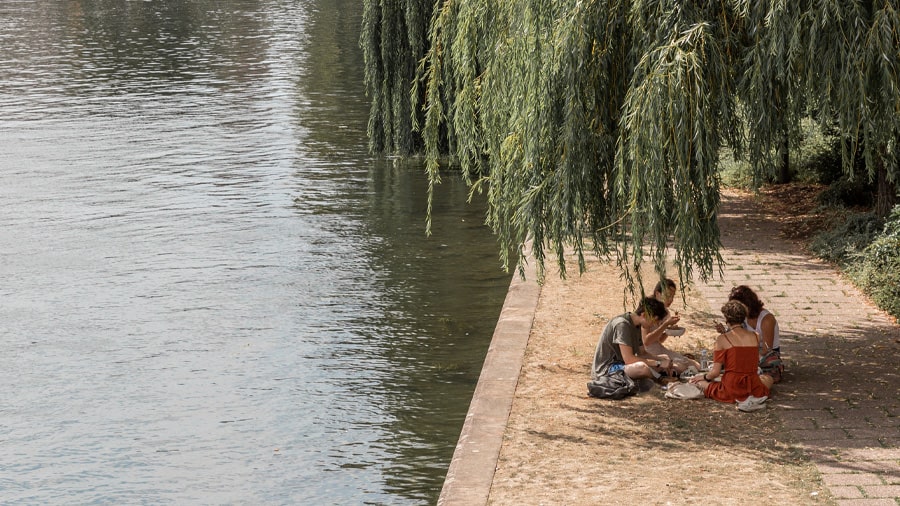The environmental company Ragn-Sells and the chemical company Kemira are starting a collaboration to recycle phosphorus from sewage sludge at Kemira’s industrial site in Helsingborg, Sweden. Ragn-Sells will build a recovery plant, utilizing Kemira’s former Ecox-business infrastructure, which Kemira has divested in 2018.
“We are very pleased to establish cooperation with Kemira in Helsingborg. It is a good location, both in terms of sustainable use of existing infrastructure and integrated raw material supply, and we look forward to developing this further together”, says Mikael Hedström, CEO of Ragn-Sells Treatment & Detox. The project was recently awarded SEK 51 million in support from Klimatklivet, Sweden’s investment in technology that reduces climate emissions.
The planned recycling technology is based on Ash2Phos, a patented technology that has been developed by Ragn-Sell’s innovation company EasyMining. Ash2Phos technology uses incinerated sewage sludge to recover phosphorus, a nutrient and fertilizer which accumulates in sewage sludge during the urban wastewater treatment process. The new recovery technology allows both high recovery rates of phosphorus and also metals, such as iron and aluminum, which are commonly used to chemically capture the phosphorus from sewage.
The recovery of valuable materials from sewage sludge is a great step forward to more circularity in the water industry.
“At Kemira, we have a long history in phosphorus removal technologies. One of our main product lines, iron and aluminum salts, are globally used to eliminate phosphorus from urban wastewater, in order to avoid overfertilization of natural water bodies. The recovery of valuable materials from sewage sludge is a great step forward to more circularity in the water industry”, says Per Andersson, Director Product Lines Coagulants EMEA. “We are very happy that Ragn-Sells has decided to establish their first Ash2Phos-plant in the Nordics at our site in Helsingborg”, he continues.
Phosphorus is recognized as a critical raw material by the European Commission with an extremely high import reliance. The recycling potential of phosphorus from sewage sludge can help to enable Europe to become more independent from industrial fertilizers, which are supplied from very limited sources, mainly outside the EU.


